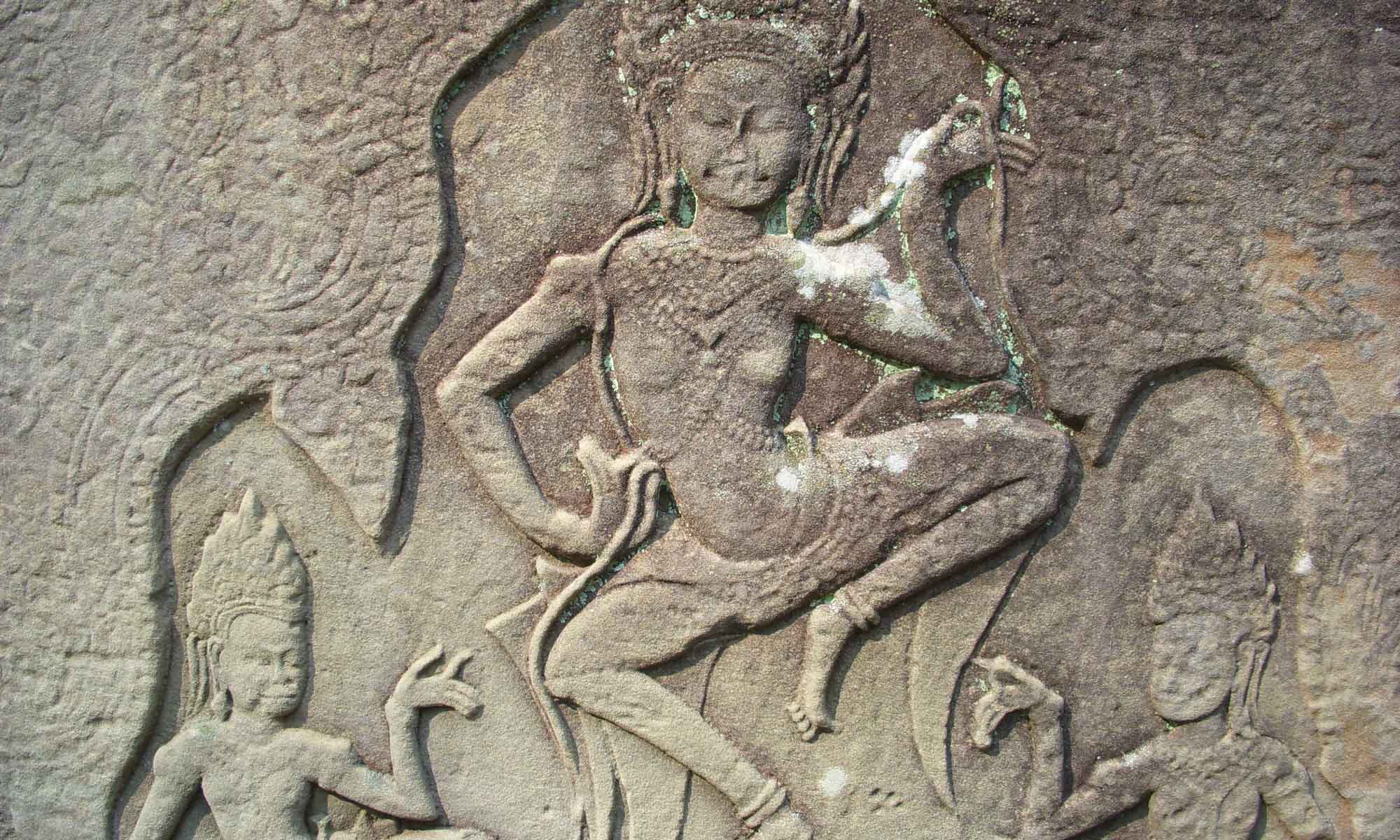“Sharing the Himdag Perspective: Tohono O’odham Values of Land, Water, and the Stars”
with Dr. Jacelle E. Ramon-Sauberan
Thursday, February 20, 2025 at 3:00 PM Eastern Time
REGISTER HERE

Long before our urban centers and city lights lit up the dark desert skies, the Tohono O’odham were cultivating and shaping the land with abundant agriculture—from squash and beans to corn and cotton. For generations they passed down their rich knowledge and culture grown from their connection to the desert. Join us for a program with Dr. Jacelle Ramon-Sauberan as she shares her knowledge about current Tohono O’odham issues of water rights, food production, and right relationship to the national observatory which is located on a sacred mountain.

“We were, as O’odham, as Indigenous people, the first astronomers, but that’s not what we called ourselves,” she says. “We were looking at the night sky, we were reading the constellations. My great-grandfather did that as a farmer. When I talk to Observatory staff, I offer the Himdag side.” The Himdag incorporates “the culture, way of life, and values that are uniquely held and displayed by the Tohono O’odham,” according to the Tohonoho O’odham Community College website.

Dr. Jacelle Ramon-Sauberan is from the San Xavier District of the Tohono O’odham Nation. She is the Tohono O’odham Nation Education Development Liaison for NSF NOIRLab-Kitt Peak National Observatory and an adjunct instructor within the Tohono O’odham Studies Program at Tohono O’odham Community College. Dr. Ramon-Sauberan earned her PhD in American Indian Studies with a minor in Journalism from the University of Arizona in 2023. As part of her dissertation work, she created a living-document on the history of land and water in the San Xavier District, as told from a Tohono O’odham perspective. She has written for news publications across the US including Indian Country Today and is part of Arizona Humanities’ AZ Speaks Program providing presentations on Tohono O’odham History, Culture, and Foodways across Arizona. Jacelle also serves on several boards and committees including Wecij U’uwi Hemapai (Tohono O’odham Young Women’s Gathering), Friends of Tucson’s Birthplace-Mission Garden and Friends of Saguaro National Park.
~~~~~~~~~~~~~~~~~~~~~~~~~~~~
Our next Salon: To be announced, following our 2025 Conference

This Salon recording will also be available to members when processed after the event.











You must be logged in to post a comment.